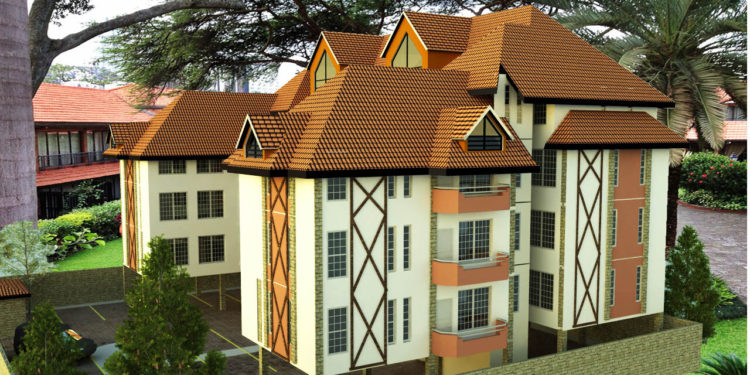Up to late November 2024, Kenya’s real estate remained resilient despite a number of challenges that increased interest rates and limited mortgage penetration. One of the key developments was the licensing of Future Construct by the Capital Markets Authority as a Real Estate Investment Trust manager to create fresh opportunities for investors eyeing portfolio diversification. This is a recent development that happened on the 26th of November 2024. This is in line with continued efforts to strengthen the real estate market in Kenya with more structured investment vehicles, which have been instrumental in increasing domestic and foreign investments.
Amongst such recent trends stands the increasing appeal of Kenya’s secondary cities and their satellite towns. Areas that were previously thought of as inferior to Nairobi’s central business districts, such as Ruaka, have seen a rise in land values that now rival other more established neighborhoods. This is highly due to expanding infrastructure and a growing middle-class population looking for more affordable housing alternatives.
Similar changes are also happening in the luxury real estate market of Nairobi. The Marigold II project in Lang’ata, for instance, is one of the high-end residential projects that has been developed in the metropolis to help meet its demand for luxury living. These developments point to increased demand for quality housing brought by continued urbanization of Nairobi, informed by a growing population and business activity.
Despite these positive developments, the Kenyan real estate market does not come without its fair share of challenges. Uncertainty in Kenyan politics has continued to hurt investor sentiment, especially regarding commercial property. Property prices stagnated in the third quarter of 2024 (July – September), according to the latest Hass consult data, with land prices in Nairobi’s suburbs rising by 1.6% in the third quarter of the year, marginally lower compared to the second quarter growth of 1.8 %.
Overall, it is worth noting that investment in infrastructure is continuous and the government’s initiative towards affordable housing ensures a more dynamic future real estate market within the coming years. This ability of adaptation to adversity reflects strong indicative factors toward long-term development in the economic scenario of Kenya.


















